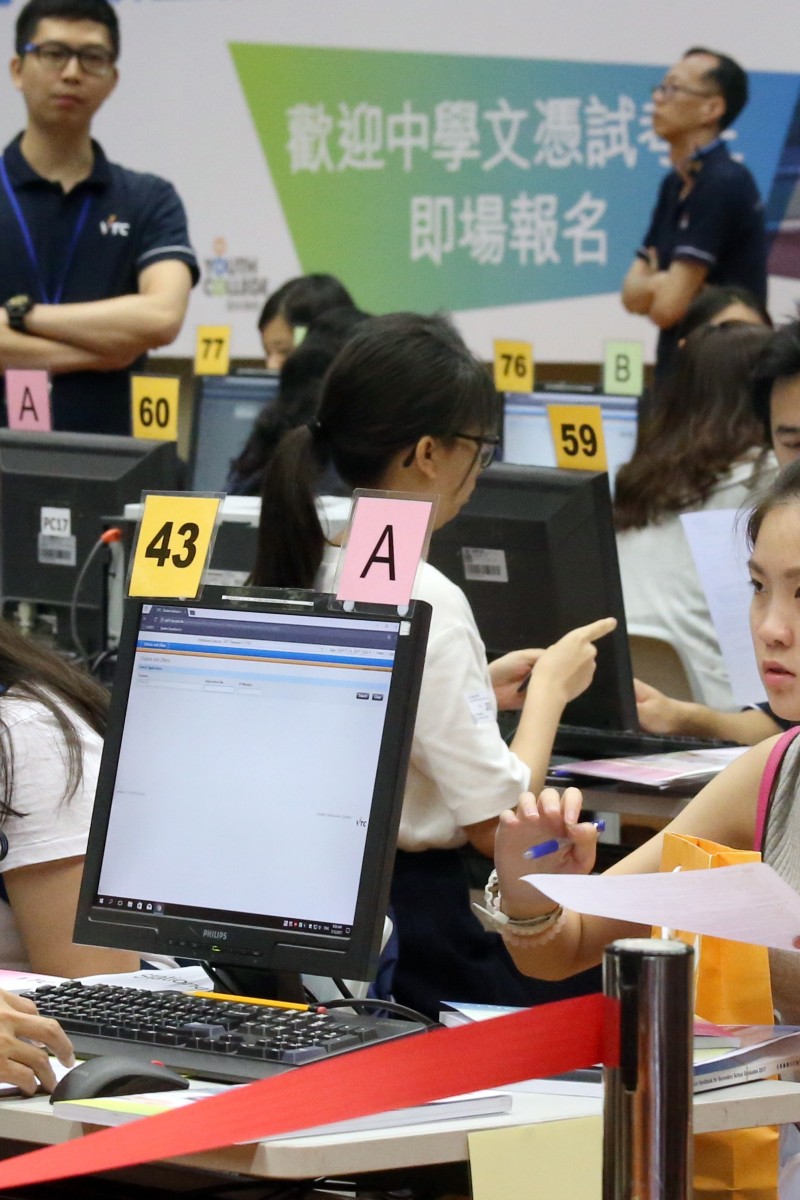 Students with sub-degree qualifications are also eligible for the subsidy.
Students with sub-degree qualifications are also eligible for the subsidy. Self-financing undergraduate students will receive more money for their education during the 2019/20 academic year. They are entitled to the annual non-means-tested subsidy, which has been raised from HK$30,800 to HK$31,300 in line with the Composite Consumer Price Index, the government said last Friday.
“Even though the increase is just HK$500, it is still good news,” Jeffrey Luk Ho-cheung, a third year accounting student at Shue Yan University, told Young Post. “The scheme has reduced so much of my financial burden, and I think it will attract more students to apply for self-financing programmes in the future.”
Luk’s tuition fee was reduced by about 52 per cent annually because of the scheme.
Students from low-income families have less access to Stem courses
The subsidy scheme was introduced in the 2017/18 academic year. It is available for students who have attained “3322” in the HKDSE, meaning level 3 in Chinese Language and English Language, and level 2 in Mathematics and Liberal Studies, when they enrol for self-financing Bachelor’s degree programmes. Applicants who have gained sub-degree qualifications are also eligible for the subsidy. They should have completed locally accredited sub-degree courses in relevant disciplines when they sign up for self-financing top-up degree programmes.
The increased subsidy is applicable to both new and continuing students who meet one of the above-mentioned requirements. Eligible students will pay the tuition fee after receiving the subsidy. Those in need may still apply for financial help from the Student Finance Office, on top of the subsidy scheme.
The scheme covers up to 106 self-financing degree programmes as well as 175 top-up degree programmes from 16 institutions, including Shue Yan University, Open University of Hong Kong, and Chu Hai College of Higher Education.

